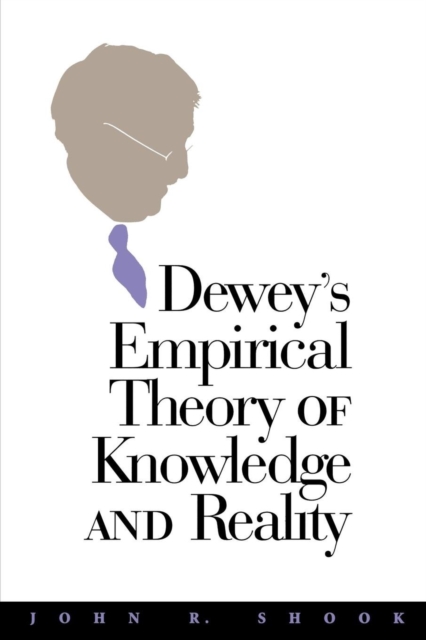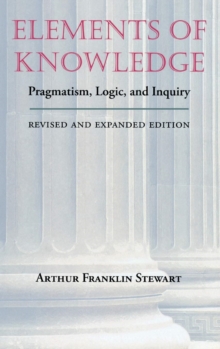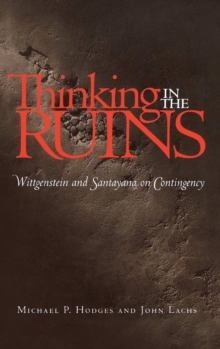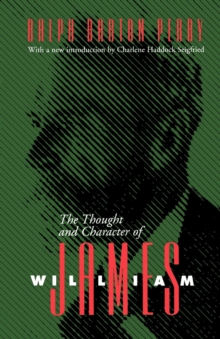
Dewey's Empirical Theory of Knowledge and Reality PDF
by John R. Shook
Part of the Vanderbilt Library of American Philosophy series
Description
The ongoing revival of interest in the work of American philosopher and pragmatist John Dewey has given rise to a burgeoning flow of commentaries, critical editions, and reevaluations of Deweys writings. While previous studies of Deweys work have taken either a historical or a topical focus, Shook offers an innovative, organic approach to understanding Dewey and eloquently shows that Deweys instrumentalism grew seamlessly out of his idealism. He argues that most current scholarship operates under a mistaken impression of Deweys early philosophical positions and convincingly demonstrates a number of key points:
that Deweys metaphysical empiricism remained more indebted to Kant and Hegel than is commonly supposed;
that Dewey owed more to the influence of Wundt than is commonly believed;
that the influence of Peirce and James was not as significant for the development of Deweys theories of mind and truth as has been argued in the past;
and that Deweys pragmatic theory of knowledge never really abandoned idealism.
Shooks exposition of the unity of Deweys thought challenges a large scholarly industry devoted to suppressing or explaining away the consistency between Deweys early thought and his later work. In every respect, Deweys Empirical Theory of Knowledge and Reality is a provocative and engaging study that will occupy a unique niche in this field. It is certain to stimulate discussion and controversy, forcing Dewey traditionalists out of habitual modes of thought and transforming our conventional understanding of the development of classical American philosophy.
Information
-
Download - Immediately Available
- Format:PDF
- Pages:352 pages
- Publisher:Vanderbilt University Press
- Publication Date:15/08/2020
- Category:
- ISBN:9780826501592
Other Formats
- Hardback from £69.00
Information
-
Download - Immediately Available
- Format:PDF
- Pages:352 pages
- Publisher:Vanderbilt University Press
- Publication Date:15/08/2020
- Category:
- ISBN:9780826501592










